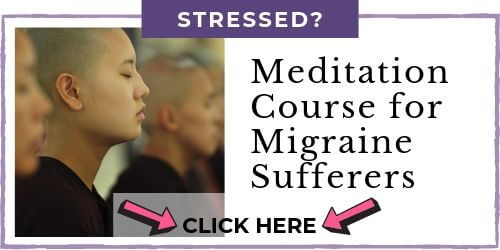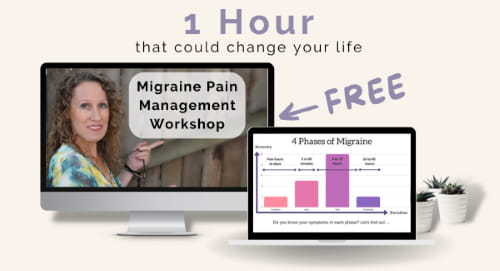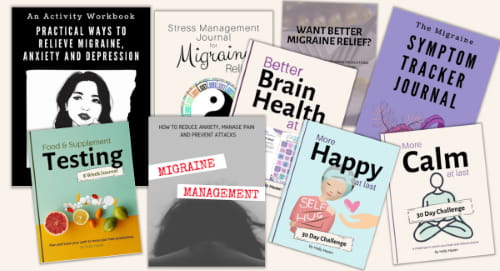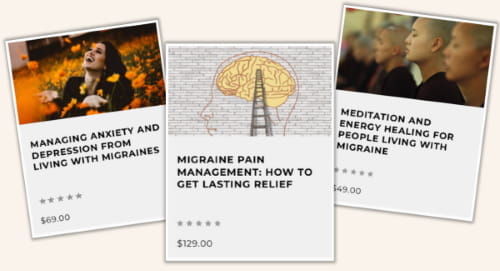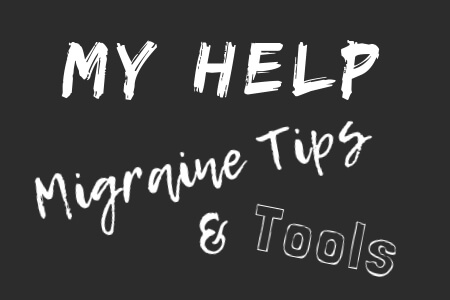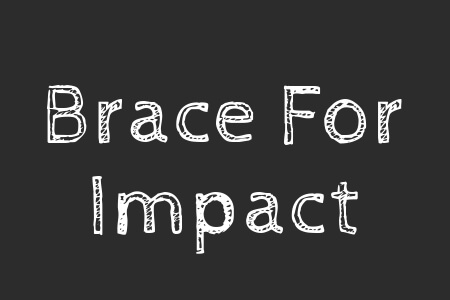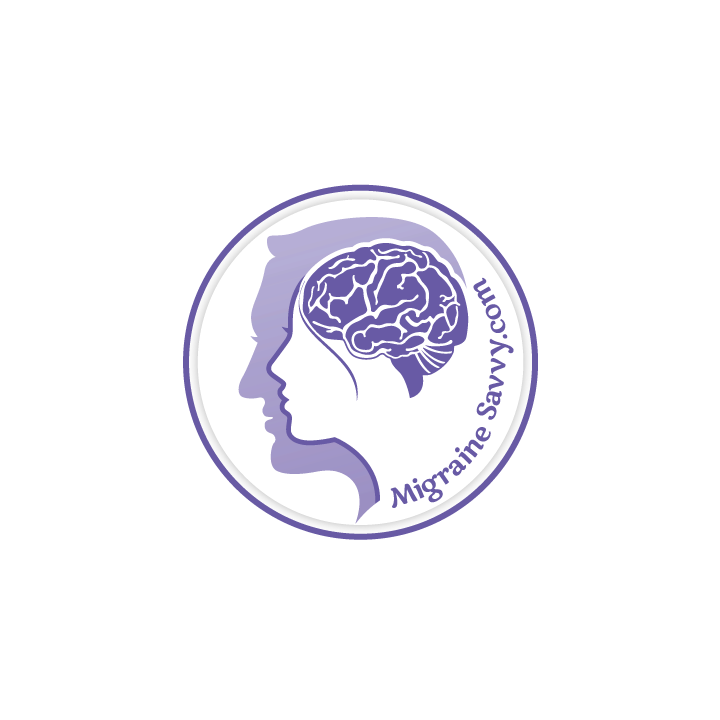- Home
- Migraine Help
- Migraines and Emotions - Has The Roller Coaster Got You On Red Alert
Migraines and Emotions
Has The Roller Coaster Got You On Red Alert?
What role do migraines and emotions play? Many people get angry or find themselves crying before a migraine. These can be their migraine symptoms. A sign that a migraine in on its way. It's like a roller coaster for some of us.
So what does good, stable, balanced emotional health look like?
Does it mean you have to be happy all the time
between these horrific migraines? Or even worse during one?
Let's look at that, and two things that can really help balance you out. Calm it all down...
Emotional IQ, emotionally stable, cellular memory, the body’s intelligence, and the chemistry of emotion.
Have you heard of these? How about ...
Just let it go. Don't stress. Relax. Or "you'll be right", as they say here in Australia!
We know being stressed out can make our migraines worse. And some say that anger, stress or any extreme emotion can be a trigger. Some believe our emotions can cause a migraine, and others say migraines cause the emotional outbursts.
Dr. Carolyn Bernstein, author of The Migraine Brain says that emotions do not cause a migraine, that they are a consequence. And I totally agree!
My #1 Choice in Magnesium Supplementation
Two Methods That Can Help You Manage Migraines and Emotions... Better
There are two modalities that I have come across in my years of studying and other illnesses that have truly helped me cope with these horrific migraines and emotions.
These are the two
approaches for obtaining and maintaining emotional health that I use regularly:
- Dr. John Eaton, who pioneered the Reverse Therapy Approach® and outlines it in his book called M.E., Chronic Fatigue Syndrome and Fibromyalgia, The Reverse Therapy Approach (2006).
- And Eugene Gendlin who developed the therapeutic method called Focusing.
Both are like talking meditations to help you tune in and better understand your migraines and emotions they bring up.
Dr. Eaton explains why he thinks we first experience illness in the first place. He coined the terms "Bodymind" and "Headmind." Simply put, the "bodymind" talks to us using symptoms, the "headmind" is often in control and its rightness is overrated.
"But if we try to resist the early stage symptoms and 'keep going' – working harder, doing without sleep, giving-in to others demands, ignoring our need for exercise, intimacy and leisure, and speeding up instead of slowing down – then symptoms become chronic."
So, Dr. Eaton, if asked about migraines and emotions as chronic symptoms might say that it is NOT the mind completely overriding the body, with little to no regard of the body.
It is, in
fact, when the mind can hear and translate clearly what the body is
saying. When the communication (identified as the symptom) is understood by
the mind from the body and is then acted upon. Taking action is important.
Migraines and Emotions - The Role of the Emotional Brain
Dr. Eaton describes "the way in which the Bodymind works through the Limbic system (the Emotional Brain)."
He draws on the works of Hans Selye and Dr. Ernest Rossi.
I may just refer to body for Dr. Eaton’s Bodymind and mind for his Headmind.
"The Emotional Brain is located roughly in the middle of the skull and is at the heart of Bodymind. As the name implies, it creates emotional responses to situations, which in turn guide the rest of the body, and Headmind, towards action."
"What it actually does is to convert perceptions – sights and sounds – into emotions, providing us with an extremely fast 'emotional opinion' about what is going on around us. The Emotional Brain works so fast that – provided we are attentive to our bodies – we are often aware of our emotions about the situation before we are aware of the situation itself." (p.45-46)
Headmind works extremely slow sometimes to figure things out. Once the mind does detect a threat or fear, the hair stands up on your arms, your heart starts pumping and your muscles tense up. "A split second after that your Emotional Brain" starts to compare knowledge already known about the feared situation with "other emotional memories and 'reminds' you what worked best in those situations (e.g. run for your life)." (p.47)
Dr. Eaton cites Dr. Candace Pert’s work on the "Molecules of Emotion." (p.51) Dr. Pert talks about cellular memory and the chemistry of emotion which supports the same ideas in his book about the Bodymind’s intelligence and its use of 'chemical memories'.
Candace Pert has researched the mind-body interactions for over twenty years, and has found that "once the Emotional Brain has created an emotional response, the resulting state, along with information about the related situation is stored not only by the Hippocampus (the Emotional Brain’s 'memory center') but elsewhere in the body too", using what Dr. Pert calls "molecules of emotion" and what I call cellular memory.
"These are actually
peptides (amino acid chains) that bind on to cells in the brain and,
interestingly, over 95% of them can be found in the Hippocampus. These
peptides travel all over the body but are especially strong in the
spinal cord, the gut (the Enteric Nervous System), the skin, the muscles
and in all the major glands."
Migraines and Emotions - Using Our Feedback System
"Not only does the Emotional Brain 'tell' the glands, muscles and stomach what to do but they, in turn, feedback to it and let it know how they are 'feeling'. This information is then used by the Emotional Brain to either shut down the response, intensify it, or fine-tune it so that equilibrium can be maintained."
No wonder Dr. Pert writes:
Mind doesn’t dominate body, it becomes body – body and mind are one. I see in the process of [peptide] communication we have demonstrated, the flow of information through the whole organism, as evidence that the body is the actual outward manifestation, in physical space, of the mind.
~ Dr. Candace Pert (cited in Eaton, 2006, p.51)
So what all of this means in layman terms is that our body holds
cellular memories about our past pressures. Each time those pressures
come up like for instance: emotional dumping, work overload, any work
related stressor, family fights, etc.
And for us migraine sufferers, it holds the memory of migraine pain. The memory gets activated to send warning signals to put the body on ‘red alert’ to deal with the perceived threat.
The body is actually a very clever instrument and performs its complex jobs, on the most part, effortlessly. It protects us, motivates us, and guides us, it produces feelings, "sensations, emotions and symptoms along the way, using a sophisticated information network that reaches every part of the body to do so."
"At the center of this information
network is the Hypothalamus, an organ the size of a small nut, which
sits just underneath the Emotional brain." (p.52)
The Hypothalamus - Master Controller/Master Gland
"The hypothalamus controls every single part of your body through the glands, through the Vagus nerve and via 'messenger molecules' called neuropeptides which it emits. It regulates the Sympathetic Nervous System, which produces emotional changes; the Immune system, our defense against infection; and through the Adrenal glands, the action of the heart, muscles, skin and gut. It also directly controls your sleep function and internal temperature, physical growth and tissue renewal, and your appetite and sex drive." (p.52)
Intensely receptive to the external environment, the Hypothalamus "uses a variety of set-points to ensure that the organism is working at best possible capacity given the situation you are in. It has set-points for hunger, thirst, pain, pleasure, sexual satisfaction, anger/aggression and fears, as well as blood pressure, gut processes."
It has set-points for "Immune system responses, internal temperature, energy regulation and sleep. Unfortunately, these set-points can be thrown into chaos should the Hypothalamus become overwhelmed with messages from the Emotional Brain, signalling that pressures are getting out of control, as is the case with conditions known as Chronic Fatigue Syndrome/M.E. or Fibromyalgia." (p.53)
This information above is in regards to Chronic Fatigue Syndrome and other chronic health conditions, but I believe that it applies to migraines and migraineurs as well. We are all effected by our external environments, and our internal environments can be easily sent off balance by pressures. Simple everyday pressures can begin to accumulate and get us down.
These things sounded familiar to my migraine brain:
- "When the ‘radar system’ in the Emotional Brain picks up that we are under threat it creates a cellular memory about the problem
- If the threat goes on for too long the cellular memory triggers the Hypothalamus to create symptoms
- The Hypothalamus – the body’s “Master Controller” tries to keep a balance between external pressure and physical resources
- If this balance cannot be maintained the Hypothalamus re-creates the
Alarm Reaction and sends symptoms to warn the individual action is
required."
Hence the adrenaline rush and anxiety in our
body's attempt to protect us from and prepare for the impending pain and
migraine attack.
As migraineurs, I feel we must find the right knowledge to help us maintain emotional health. I believe that is inner happiness, contentment and peace with what is in our lives. With or without migraines. Migraines and emotions, overwhelming and extreme ones may just go together for you.
If you struggle with migraines and emotions... overwhelming emotions, click here for some pain counseling information. Or here are some more ways I can help...
How To Keep Yourself More Balanced
I wish for you migraine free vibrant good health and emotional stability.
Hx
Ready to take the next step?
Choose the next step that fits where you are right now.
MY PROFESSIONAL HELP & SUPPORT Related Articles
Migraines and Emotions Reference: Eaton, J. Ph.D. (2006) M.E., Chronic Fatigue Syndrome and Fibromyalgia: The Reverse Therapy Approach®. Authors OnLine Ltd: Hertford, England UK. (pp.45-53)




